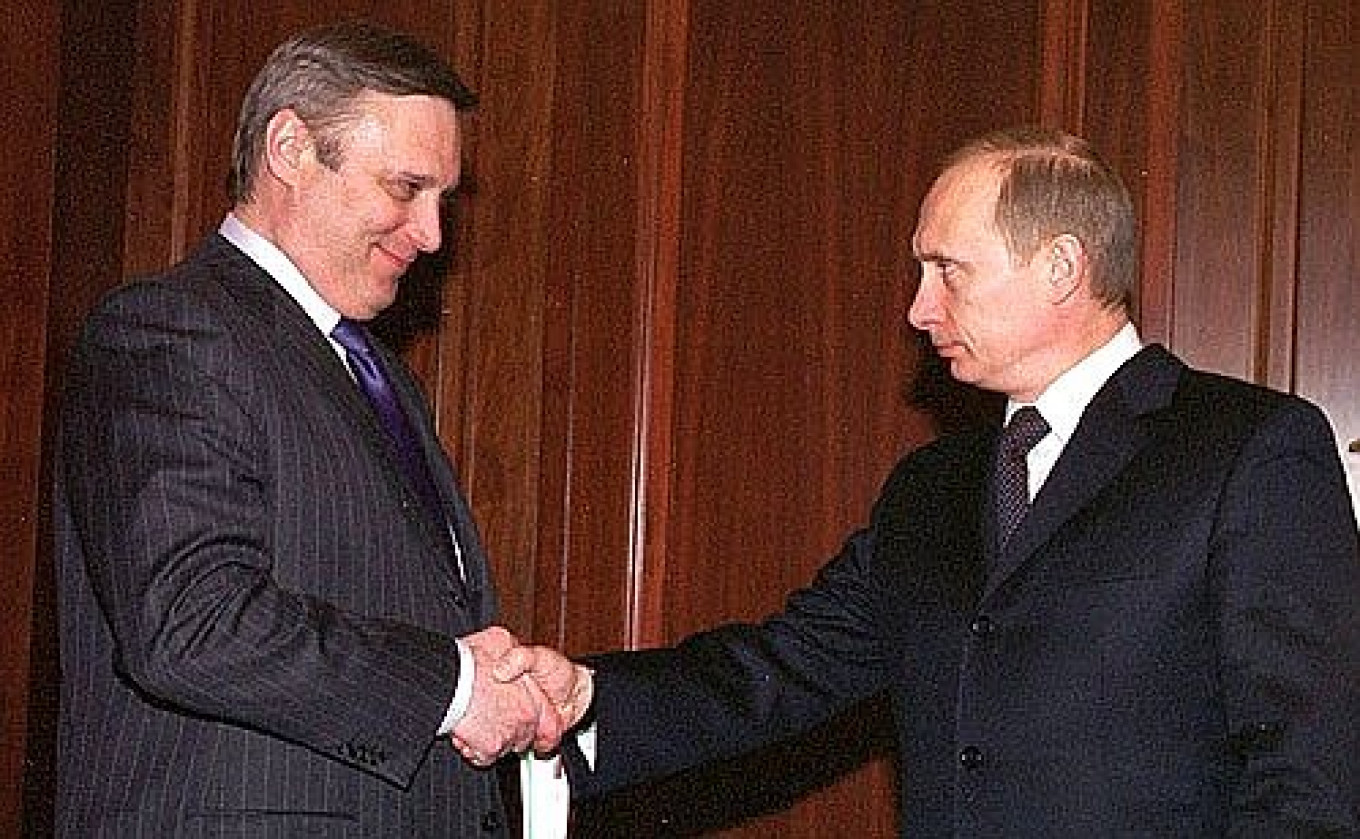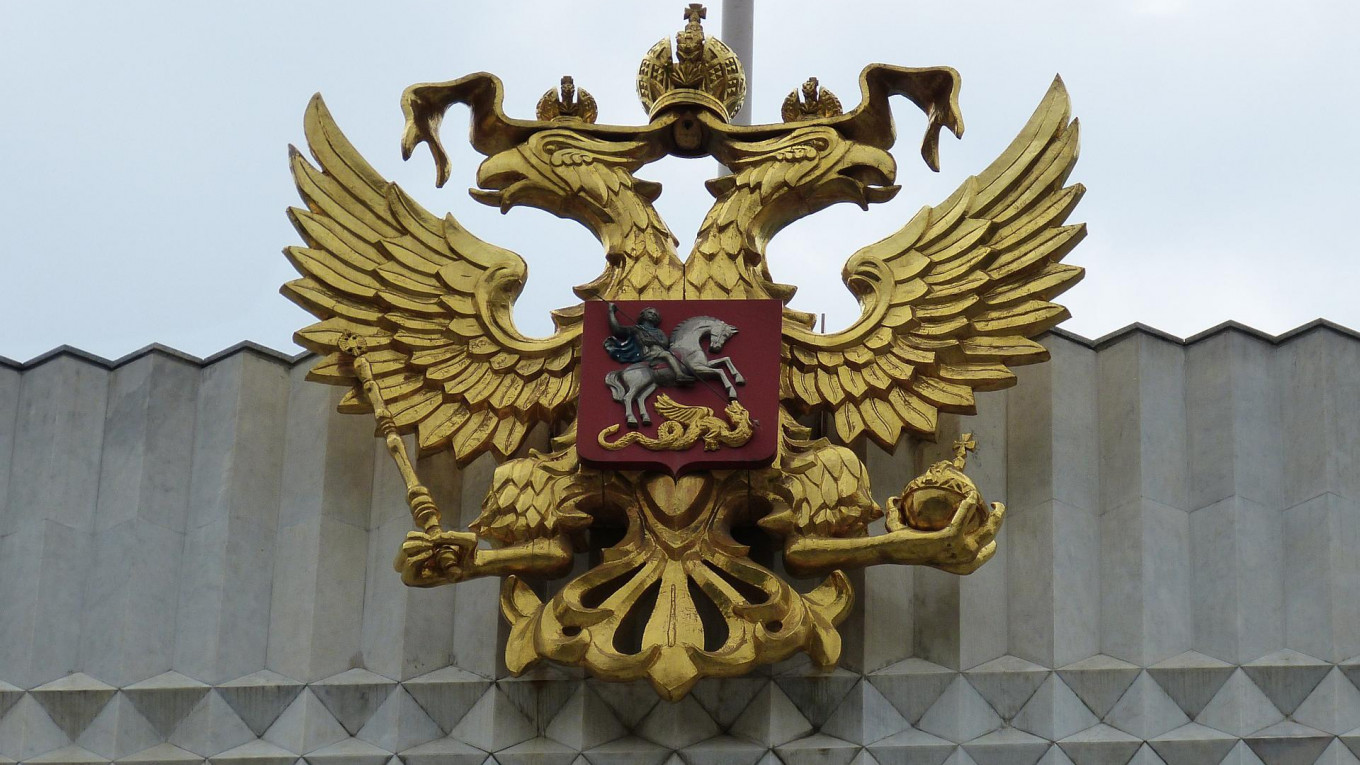You can expect a lot if Alexei Navalny manages to register his candidacy in Russia’s 2018 presidential race, but a boring campaign is out of the question.
Three years ago, the notorious anti-corruption crusader faced off against Sergei Sobyanin in the Moscow mayoral election. Few people took Navalny seriously then, but he ran a vivid, unorthodox campaign and nearly forced a runoff vote, winning almost a third of the electorate.
On Tuesday, Russians learned that they could be in store for another entertaining race, about a year from now, when Navalny says he’ll run for the presidency.
The announcement comes on the heels of a recent decision by Russia’s Supreme Court, which overturned Navalny’s felony conviction in an embezzlement case — the only legal obstacle to his candidacy for elected office. The news also coincides with Navalny’s retrial, which kicked off about a week ago.
“It’s time to choose,” says a motto revealed on Navalny’s new campaign website. “We need an honest conversation, rather than yet another fake television show.”
Surprise, Surprise
It’s too early to know if Russia’s next presidential election will more closely resemble an “honest conversation” or a “fake television show,” and political analysts warn that the Kremlin doesn’t seem to have a coherent strategy yet. Now that Navalny has made his move, however, state officials will need a plan, and soon.
Navalny’s timing is perfect, says Gleb Pavlovsky, a political analyst who used to work as an advisor for the Kremlin.
“A week before Putin's big press conference, at the very beginning of the new trial, as [U.S. President-elect Donald] Trump forms his new cabinet, at the end of the year,” Pavlovsky told The Moscow Times. “No one can possibly top such a move.” The Kremlin must be quite annoyed, he says. “They don't like surprises over there, and it was most certainly a surprise.”
Staying Ahead of the Game
Political scientist Yekaterina Schulmann says Navalny is forcing Russia’s political machine into decisions it wasn’t ready to make. “He's trying to stay ahead of the game, forcing his opponents to respond to his actions, and not the other way around,” Schulmann told The Moscow Times.
Whatever fate the Kremlin chooses for Navalny will now be viewed through the prism of his presidential run, she says. “The [Putin] administration was considering several different scenarios for the future [presidential] campaign. Now there are only two options remaining: proceed with or without Navalny. And they have to choose now, during his [re]trial.”
The “If” Issue
In order to get his name on the ballot in the next presidential race, Navalny will need either the nomination of a registered political party, or the signatures of 2 million supporters. He’s unlikely to get the former: Yabloko, Russia’s oldest liberal political party, will likely put forward its own candidate, the longtime party leader Grigory Yavlinsky.
Unfortunately for Navalny, Russia’s other registered liberal party, PARNAS, is currently in total disarray.
“The party is divided at the moment, and it is very difficult to talk about its position on the presidential race,” Ilya Yashin, PARNAS’ deputy chairperson, told The Moscow Times.

So far, the exiled former oil tycoon Mikhail Khodorkovsky is the opposition’s most prominent figure to rally behind Navalny’s candidacy. Writing on Twitter in early October, Khodorkovsky promised the support of his political movement, “Open Russia,” “if Navalny is allowed [to run for president].” Khodorkovsky’s position hasn't changed since then, Kulle Pispanen, his spokeswoman, confirmed to The Moscow Times on Tuesday.
In other words, Navalny’s ability to reach the presidential ballot is hugely contingent on collecting mass signatures — a stage in political campaigns where the Kremlin has mastered cutting down aspiring politicians.
More immediately, Navalny’s future depends on the outcome of his retrial, let alone questions about what Vladimir Putin will do in 2018, and whether the Kremlin might call elections even sooner.
One thing is clear, though: The race has begun, and it was Alexey Navalny who started it.
A Message from The Moscow Times:
Dear readers,
We are facing unprecedented challenges. Russia's Prosecutor General's Office has designated The Moscow Times as an "undesirable" organization, criminalizing our work and putting our staff at risk of prosecution. This follows our earlier unjust labeling as a "foreign agent."
These actions are direct attempts to silence independent journalism in Russia. The authorities claim our work "discredits the decisions of the Russian leadership." We see things differently: we strive to provide accurate, unbiased reporting on Russia.
We, the journalists of The Moscow Times, refuse to be silenced. But to continue our work, we need your help.
Your support, no matter how small, makes a world of difference. If you can, please support us monthly starting from just $2. It's quick to set up, and every contribution makes a significant impact.
By supporting The Moscow Times, you're defending open, independent journalism in the face of repression. Thank you for standing with us.
Remind me later.






